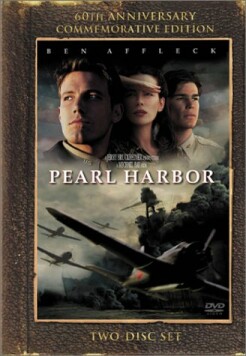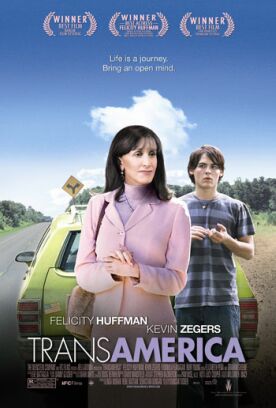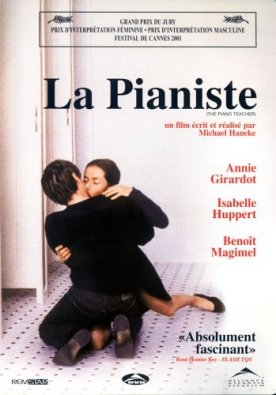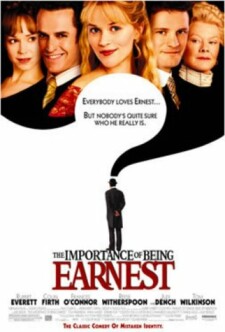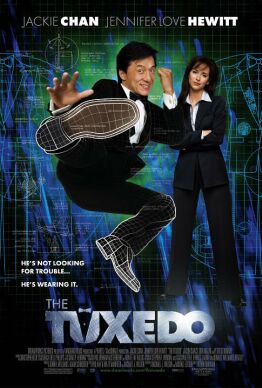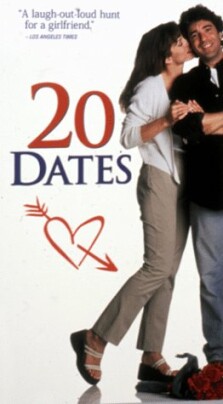Pearl Harbor
Pearl Harbor, written by Randall Wallace and directed by Michael Bay,
begins with a visual pun, which is also a leitmotif throughout the film:
the impossibly big and gorgeous image of the setting sun. Remember who used to
run something called the empire of the rising sun? The
movie’s patriotism is almost shocking.
Along with Saving Private Ryan and The Patriot it may be a sign of
a swing of the pendulum of Hollywood fashion back towards the simple flag-waving
epics that were so characteristic of the industry before the Vietnam war and the
baby-boomer takeover of the 1970s. As with those other films, however, there are
signs that the neo-patriots, being long out of practice,
don’t quite get it right. Like that
enormous sun—and, indeed, like
everything else in the picture—it is
excessive.
Like its budget, for instance, which seems to have dictated that it should go
out of its way not to offend anyone at all. You or I might think that so
pro-American an account of the Japanese attack on Pearl Harbor would necessarily
have to be anti-Japanese, but the once-hated Japs here appear as a noble
adversary with a good reason for fighting
( “They cut off our oil supplies…We
have no choice” ) and pangs of regret
for the sneaky way they went about starting the war. When a junior officer
congratulates Admiral Yamamoto (Mako) on the brilliance of his strategy, the
wise old man replies: “A brilliant man
would find a way not to fight a war.”
After news of the success of their attack he muses:
“I fear we have only wakened a
sleeping giant.” The film also goes
out of its way to suggest that fears of spies and fifth-columnists among the
ethnic Japanese population of Hawaii were merely hysterical.
Other possible grounds for controversy are also sprayed with flame-retardant
foam. There is no mention of the
“Roosevelt
knew” hypothesis, which has recently
had some play among academic historians. Jon
Voight’s portrayal of FDR barely stops
short of idolatry, which must surely be the safe way to play it if you have a
very large investment to protect. On the other hand, the filmmakers show
themselves to be entirely on the side of the recent efforts to rehabilitate
Admiral Husband Kimmel (Colm Feore), who carried the can for
America’s unpreparedness. He is even
shown observing to some underlings:
“You guys got it all figured out,
don’t you? The smart enemy hits you just where you think you you’re
safe.” No smug over-confidence here!
In fact, this is a film entirely without villains. Everybody is a victim.
It really is a movie for our times.
This is also true in its use of breathtaking photography and special effects.
Though it may be increasingly true that Hollywood can do nothing well but
special effects, special effects are not nothing. Never before has anything
quite so impressive as these scenes of aerial warfare been seen on film, and for
all the movie’s problems, you really
have to see it for the visual experience. The blending of live action and
computer-generated animation is, to my eye anyway, seamless, and even the battle
scenes of Saving Private
Ryan—which we see imitated
here, along with bits of Titanic (giant up-turned screws to convey the
shock of dislocation on a sinking ship) and Star Wars (low-level aerial
dogfights with tracer-bullets in the narrow defiles between
buildings)—did not create this
movie’s sense of three-dimensional
space.
But in a way the movie is a victim of its own success, which is also its
excess. The pictures are too perfect, like those in a comic book, You see things
that no one could ever actually see, which helps to remind you of the unreality
of all this hyper-realism. Bay himself must have sensed the danger of his
movie’s looking a little cartoonish
and sporadically tries to make up for
it—by, for example suddenly
introducing an entirely new character in the thick of the fighting, a newsreel
photographer, just so that he can do a bit of cutting back and forth between his
own too-perfect color compositions and the far-from perfect grainy monochromes
of the newsreel footage. Then, casualties are brought into the hospital, the
camera starts whirling and jumping to convey confusion, anxiety and fear, and to
look, I guess, more authentic.
But even this is excessive and overdone, like everything
else—from Jon
Voight’s prosthetic chin to his
schmalzy turn standing up in crutches and braces to demonstrate to the military
brass that anything was possible. The ironies are ham-handed
( “We’ve bunched our planes together to
make them easier to protect” ), and the
heroism of the hero, Rafe McCawley (Ben Affleck) is laid on with a trowel
( “If there are many more home like
you, God help anyone who goes to war with
America,” says an admiring RAF
officer). One is also uncomfortably aware from time to time of the number of
things that are being done just for their visual impact. In the most famous
scenes, the ones used in the trailers of waves of torpedo bombers coming in so
low that all kinds of ordinary people can watch them almost at eye level, one is
struck by how much activity there
is—including a baseball game and some
kind of pageant—for an early Sunday
morning, and yet no one is going to church.
The story, too, is out of a comic
book—a tale of two handsome young
fighter pilots, McCawley and his best friend since childhood, Danny Walker (Josh
Hartnett), who find themselves rivals for the hand (and other parts) of pretty
Navy nurse Evelyn Johnson (Kate Beckinsale). The rich, sentimental palette with
which this romance is sketched in almost overwhelms the world-historical events
going on in the background. Readers may remember that I made a similar complaint
about Enemy at the Gates a couple of months ago. In a classic war-time
romance like Casablanca the tendency of the romance is to complement the
war-story by providing the occasion for more sacrifice and renunciation. In
Enemy at the Gates, by contrast, the love story was a distraction
having little or nothing to do with the world-shaking events going on around
it.
In Pearl Harbor, this problem is actually worse, as the romance cannot
but be seen as more important than the war, since the film abandons the
latter some time in 1942, after the right guy gets the gal, with a facile
voiceover by the nurse about how “the
times tried our souls, and through the trials, we
overcame.” Who is this
“we” ?
She and her flyboy lover(s)? This is what it sounds like, so much more
prominently featured are they than anyone else, or any other combination of
people, in the picture. There is little or no sense of a national
“we”
by this point, which would seem to be a fatal handicap in a movie meant to be
taking the patriotic point of view. But then none of this will matter to most of
the audience, which may expect a little rudimentary drama but mainly comes out
these days for impressive visual display. That, at least, they will get in
plenty.
Discover more from James Bowman
Subscribe to get the latest posts to your email.

